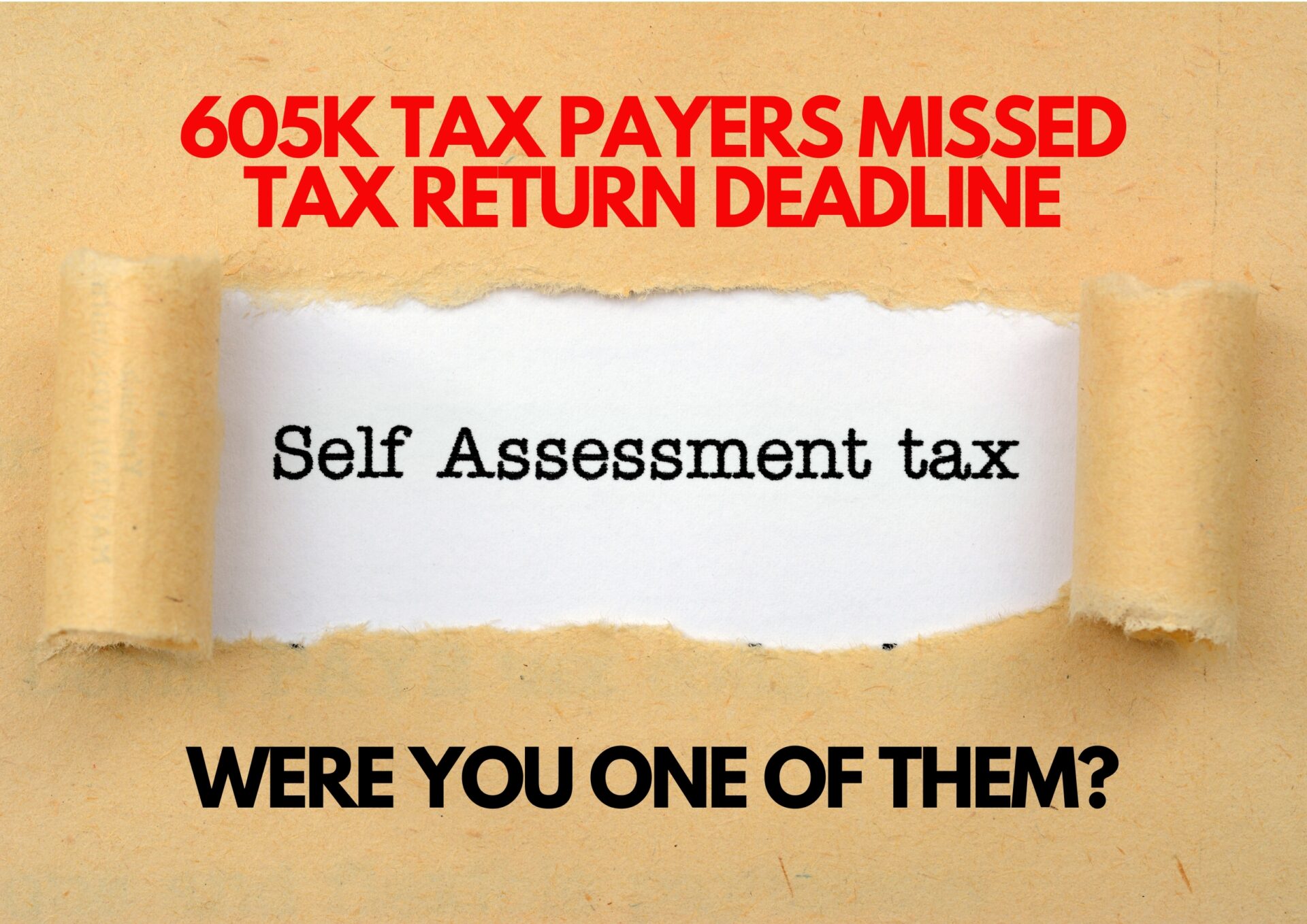Wednesday, 11th March 2020
Today Rishi Sunak had a challenging first budget of the new Parliament and a new decade, whilst taking place against the backdrop of the global outbreak of COVID-19.
In Summary
The Spring 2020 Budget sets out a plan to support public services, individuals and businesses that may be affected by COVID-19.
The Budget announces investments in the roads, railways and digital networks, and hospitals, schools, colleges and police forces.
It aims for a fair and sustainable tax system that helps people and families with the cost of living, funds the public services and creates an environment for business to succeed.
There are also plans to invest in research and development (R&D) and cutting-edge technologies, along with commitments towards our efforts for climate change, supporting opportunities to become leaders in the green markets of the future.
Key Topics
- COVID-19
- Economy and Public Finances
- Public services investment
- Levelling up and getting Britain building
- Supporting people and families
- Backing business
- Investing in innovation
- Growing a greener economy
COVID-19
The outbreak of COVID-19 is creating global financial uncertainty. Public safety is the government’s top priority which has prompted action to both our public services but also to businesses and individuals.
The Budget announces a £12 billion plan to provide support for public services, individuals and businesses, whose finances may be affected by COVID-19. This is made up of:
- £5 billion towards a response fund for our NHS and other public services
- SSP for individuals who are advised to self-isolate, including support and care workers, and those who would not normally benefit
- SSP support for small and medium sized business with fewer than 250 employees
- £500 million hardship fund for individuals
- An expansion to the existing business rates relief for SMEs will see it increase to 100%
- £1 billion towards a business interruption loan scheme
- £2.2 billion grant scheme for small business
- A deferral period for paying tax liabilities
Economy and Public Finances
The Budget announced that under the current government the deficit had been cut by 4/5ths. With a continued low cost of borrowing, the government can offer the short-term financial help needed to our economy during the COVID-19 outbreak.
The Comprehensive Spending Review 2020 (CSR) was launched setting out the public spending levels and the detailed spending plans covering the resource budgets for three years from 2021-22 to 2023-24 and the capital budgets up to 2024-25.
The government’s ambition is to reach net zero carbon emissions by 2050 and the CSR will help to achieve that.
These spending controls will ensure the current budget remains in surplus, public sector net investment does not exceed 3% of GDP and debt is kept under control. A further report will be released in support of this in the Autumn 2020 Budget.
Public Services Investment
The government is committed to providing the funding that public services need and maintaining a high level of service.
Departmental spending is set to increase:
- NHS England will receive a cash increase of £34 billion a year by 2024
- £6 billion of new funding to create 50 million more GP surgery appointments and per year and 50,000 more nurses
- Funding for hospital car parking and support for people with learning disabilities and autism
- Funding for counter-terrorism policing and the UK intelligence community
- £29 million per year by 2023-24 to support primary school PE teaching
- Schools will see an increase of over 4% in funding per pupil, which will help the government to increase a teacher’s starting salary to £30,000, by September 2022
- £90 million per year to introduce an Arts Premium, from September 2021
- £114 million for counter-terrorism
- £67 million for the UK Intelligence Community
Levelling up and getting Britain building
The Budget sets out plans to raise productivity and growth across the country. By the end of parliament, the Budget proposes £640 billion of gross capital investment for roads, railways, communications, schools, hospitals and power networks by 2024-25.
The Budget announces:
- £27 billion between 2020 and 2025 towards our roads and transportation
- £20 million to develop the Midlands Rail Hub
- £5 billion investment in gigabit broadband rollout
- £5.2 billion for flood defences between 2021 and 2027
- £200 million will help communities most at risk of flooding
- £10.9 billion increase in housing investment to build 1 million homes
- £1.5 billion over five years in capital spending to refurbish further education colleges
- £2.5 billion National Skills Fund to improve adult skills
- An undefined capital investment for up to eight new Institutes of Technology and 11 maths schools.
Supporting People and Families
In efforts to help with the cost of living the Budget has announced its ambitious target for the National Living Wage (NLW). Its plans are to ensure more individuals benefit with anyone over 21 receiving £10.50 per hour by 2024.
From April 2020 the NLW will increase to £8.72 as planned and it is hoped will reach 60% of median workers.
The Budget proposes to cut the tax bills of approximately 31 million individuals with an increase to the National Insurance Contribution (NIC) thresholds. These will increase the Primary Threshold and Lower Profits Limit, for employees and the self-employed respectively, to £9,500 from April 2020. Most of us will see a saving of up to £104 a year, or up to £78 for the self-employed.
The amount families can save into a JISA or CTF will increasing from £4,368 to £9,000.
The Affordable Homes Programme will see an increase in investment of £9.5 billion for the building of new affordable homes. There will also be an additional investment £1 billion to remove unsafe cladding from residential buildings.
A few things remain frozen and some new introductions:
- A freeze to fuel duty – for the 10th year in a row
- A freeze to Alcohol duty – on beer, spirits, wine and cider
- 0% VAT on e-publications
- Tax on essential sanitary products, known as the Tampon Tax, will be abolished from 1st January 2021
- Tax Free Childcare made more accessible to school-age children
The roll out of Universal Credit will continue to support the most vulnerable individuals. There will also be extra help for parents of sick or premature babies, carers and victims of domestic violence.
There will also be a pledge of funding of £643 million for accommodation and support services to help people off the streets.
Backing business
The Budget supports the development of the high-tech, high-skill jobs.
With the ever-increasing employment costs to businesses large and small the government has announced an increase to the NICs Employment Allowance to £4,000, benefiting 510,000 businesses. This will take effect from April 2020.
Other notable announcements include
- Corporation Tax will remain unchanged at 19%
- Entrepreneurs’ Relief will be reformed by reducing the lifetime limit on gains to £1 million
- Tax incentives for businesses investing in structures and buildings will see the rate increase to 3%
- R&D increased incentives – increasing the rate of Research & Development Expenditure Credit from 12% to 13%
- Business rates review – to be released in the Autumn 2020 Budget
- Financial support for British exporters
- Business support investment for SMEs through Growth Hubs
- Start-Up Loans Programme will be extended
The government is also launching a Reforming Regulation Initiative, to ensure the UK remains a dynamic and competitive regulatory environment.
Investing in Innovation
The Budget includes plans to increase public R&D investment to £22 billion per year by 2024-25 to boost the UK’s success in the global economy in innovation and cutting-edge technology.
Investment in people is key to the government’s plan to cement the UK’s world-leading position in science and technologies.
There will be an increase to the rate of R&D tax credits from 12% to 13% and the government will consult on widening the definition of qualifying expenditure to include data and cloud computing.
To ensure the UK remains a world leader in life sciences innovation, there will be additional resources to launch a dedicated £200 million investment programme which is expected to enable £600 million of investment.
Growing a Greener Economy
The Budget announced a range of policies to reduce carbon emissions to ensure the environment is protected and resilient to climate change and generate green economic opportunities.
- A Carbon Capture and Storage (CCS) Infrastructure Fund will be created to establish CCS in at least two UK sites, one by the mid-2020s, a second by 2030.
- Introduction of a Green Gas Levy to help fund the use of greener fuels
- An increase to the Climate Change Levy that businesses pay on gas
- Reopen and extend the Climate Change Agreement scheme by two years
The road and transport network will also see changes and improvements to help reduce the carbon emissions. The following are planned:
- Investment in the electric vehicle charging infrastructure by making available £403 million for the Plug-in Car Grant
- A further £129.5 million to extend the Plug-in Grants for vans, taxis and motorcycles to 2022-23
- Exemption of zero emission cars from the Vehicle Excise Duty (VED) ‘expensive car supplement’
- Entitlement to use red diesel will be removed, except for agriculture, fish farming, rail and non-commercial heating
- £304 million will be made available to help local authorities to help reduce nitrogen dioxide emissions and improve air quality
For our nature lovers the government is planting more trees, restoring peatlands and making funds available to help protect unique plants and animals.
A Plastic Packaging Tax is also being rolled out to encourage producers to make their packaging more recyclable. This will take effect from April 2022.
GET IN TOUCH WITH ONYX
To find out how the Spring Budget 2020 impacts on your business contact Onyx now.
If you have any queries, or want to discuss further, please give us a call or e-mail us at enquiries@onyxaccountants.co.uk for a FREE no obligation consultation.
Got any questions or queries? Our friendly team of tax specialists are happy to help. Just drop us a line! Call us on 0121 753 5522 or 01902 759 800.





